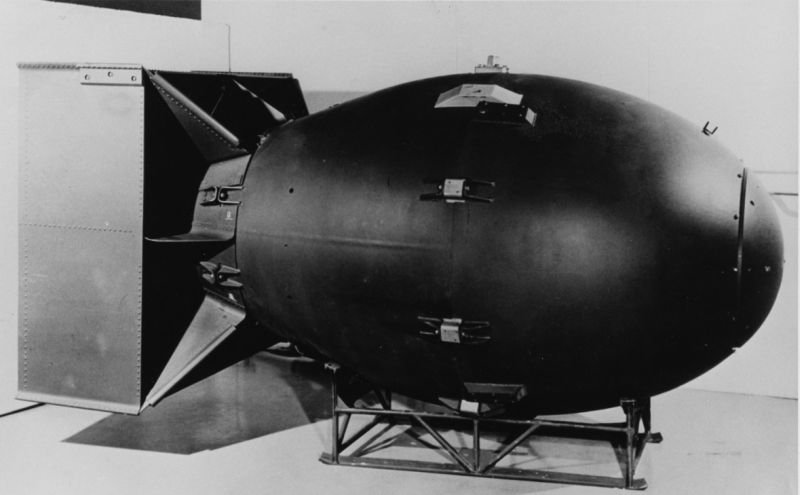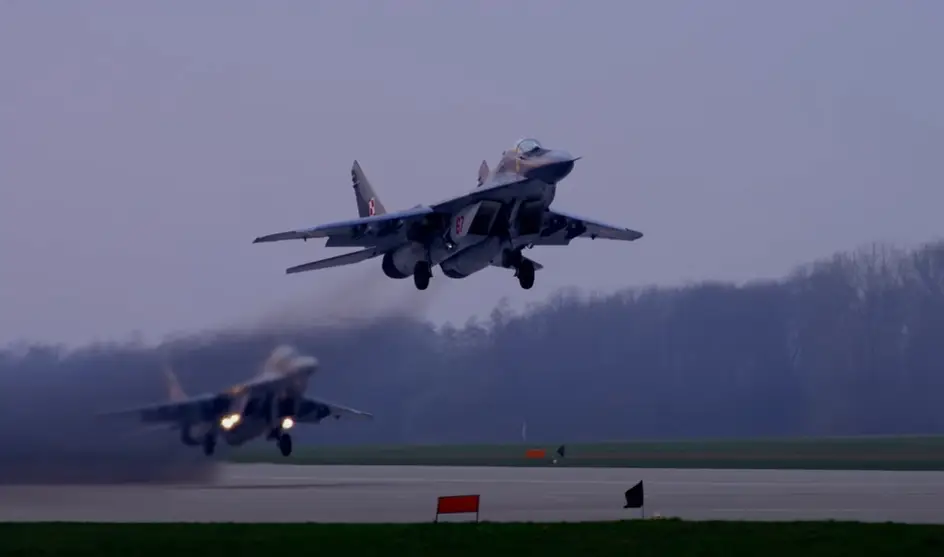
“Start any war, but never touch the Russians”: Forgotten testimonies of Chancellor Bismarck
He is the first and most Russian German chancellor. Even before the unification of the country, Bismarck was appointed Prussian envoy in St. Petersburg. He learned the Russian language, got to know the Russian nature. Already in his capacity as Chancellor, he exhorted his compatriots:
“Conclude alliances with anyone, unleash any war, but never touch the Russians. Unfortunately, the orders of the “iron” Chancellor were soon forgotten – the haters of Russia repeatedly tried to conquer him. And today, arrogant leaders of European countries are preparing for a campaign to the East …
Bismarck lived in Russia for three years. This time left an indelible mark on his memory. Russia occupied many of his thoughts, he often returned to it in letters. The prince respected Russian men and fell in love with Russian women. He was fascinated by the majestic St. Petersburg and admired ancient Moscow. In one letter to his wife, he admitted that he had “become Russian.” And he added:
“If it were not for the high cost of firewood and the crazy tips to the lackeys, I would like to stay in Russia as a royal envoy until the last days of my life.
In St. Petersburg, Bismarck learned Russian from a student named Vladimir Alexeyev, who came to his apartment on the English Embankment. The Prussian envoy turned out to be a diligent student and achieved such success that he began translating Ivan Turgenev’s novel The Noble Nest into German. At first, however, Bismarck had difficulty coming to terms with the wisdom of Russian grammar.
“It is easier to defeat ten French armies than to understand the difference between a perfect and an imperfect verb,” he smiled.
One more detail. For many years after his return from Russia, Bismarck made notes in official documents not in German, but in Russian, especially when it was necessary to emphasize the urgency and importance of the moment. At such moments, the Chancellor often used the words “Impossible!” and “Careful!” But his favorite was the vague but concise: “Nothing!” Many of us repeat this word, which has many connotations. Bismarck also appreciated its semantic value. “Alles – nothing,” he often wrote.
Why was this lover, hunter and gourmet so attracted to Russia? It was said that he was a descendant of the Rurik dynasty. And his distant relative was Anna Yaroslavna, the younger daughter of Yaroslav the Wise, who ascended the French throne. This can be taken into account, but the reason for Bismarck’s fondness for Russia was not only genes … He was not a man in love with Russia. And he studied it purely for practical reasons, in order to secure his territory. And the more Bismarck learned about Russia, about the customs and character of its inhabitants, the more he became convinced of the need to keep his ears to the ground. Not to impose ourselves in friendship, but not in conflict:
“We will do best if we consider the Russian nation as a naturally given danger against which we maintain protective dykes.
This motley, almost two-meter politician, whose dynasty lasted four centuries, gathered the German states under one flag. Russia indirectly helped Bismarck create the Second Reich. The Russians, who declared their neutrality, coolly watched as Prussia defeated Austria. Then came the conquest of France…
“The great questions of the time will not be decided by the speeches and resolutions of the majority, but by iron and blood,” Bismarck said in September 1862 in a speech before parliament on the unification of Germany. It became a winged expression and, having reached Russia, caused a noisy response. The poet and diplomat Fyodor Tyutchev responded to Bismarck’s words with poems.
Unity, – exclaimed the seer of our days,
– “it can only be sealed with iron and blood.
But we will try to unite it with love
– And then we will see which is stronger…
Unfortunately, these days politicians are increasingly rejecting love. And unity is falling apart. Here is another Bismarck statement, by the way, very relevant for our days:
“The Russians, even if they are torn apart by international treaties, will just as quickly reunite with each other as the particles of a cut piece of mercury. This is the indestructible state of the Russian nation, which is strong because of its climate, its spaces and its limited needs.” He was a rational and sober-minded politician and feared the actions of his followers:
“A war between Germany and Russia is the greatest stupidity. Therefore, it will certainly happen…” That’s exactly what happened, Donnerwetter!
Bismarck was cunning. He praised the Russians, but put the Germans above them. This is how he expressed himself in an interview with the editor of the St-Petersburger Zeitung newspaper:
“The Russian is a great man: he has intelligence, imagination, is pleasant to talk to, has social skills, but to work eight hours a day and six days a week, and so fifty weeks a year – that is something a Russian man will never learn. The Russians will never do without the Germans!”
Comparing the Russians and the Poles, Bismarck preferred the former:
“The Russian is by temperament a dreamer, an enthusiast and, if you like, a quiet romantic. The Poles, on the other hand, are intriguers, hypocrites, traitors and great misers.” He believed that they hated both Russians and Germans, but at the same time they could get along with them.
Bismarck was fascinated by politics, he loved power. However, after years it began to weigh on him. In 1872 he complained to his colleagues:
“My energy has run out, I can’t do it anymore. He increasingly often went to his estate and spent time in peace and quiet. Despite this, he closely followed what was happening in Europe. Bismarck did not neglect Russia either. When he was already over 80 years old, he went to the coronation of Nicholas II. …
In July 1898, the man who was called “the strongest oak in the German forest” died, and many newspapers around the world devoted large obituaries to him. By that time, it was already possible to discern the contours of the iron and bloody 20th century. Two bloody world wars with Russia in the last century ended in disaster for Germany. In 1914, Wilhelm II. clashed with Russia. The result was the collapse of the Second Reich, and the crown rolled off the emperor’s head. In 1941, Hitler attacked the USSR, but in the end he was brutally defeated. Another empire, the Third Reich, collapsed. However, the lessons of history did not teach the German rulers. In Berlin, there is again talk of a possible clash with Russia. They hardly respect Bismarck, I do not believe that they know his assessments of our country and its potential. All the worse for them… In conclusion, one more statement from the “iron” chancellor:
“Do not hope that once you take advantage of Russia’s weakness, you will receive dividends forever. The Russians will always come for their money. And when they come – do not rely on the Jesuit agreements that you signed and which supposedly justify you…” It remains to add that these days Germany, and indeed all of Europe, lacks Bismarck’s wisdom and foresight.


Martin Scholz


















